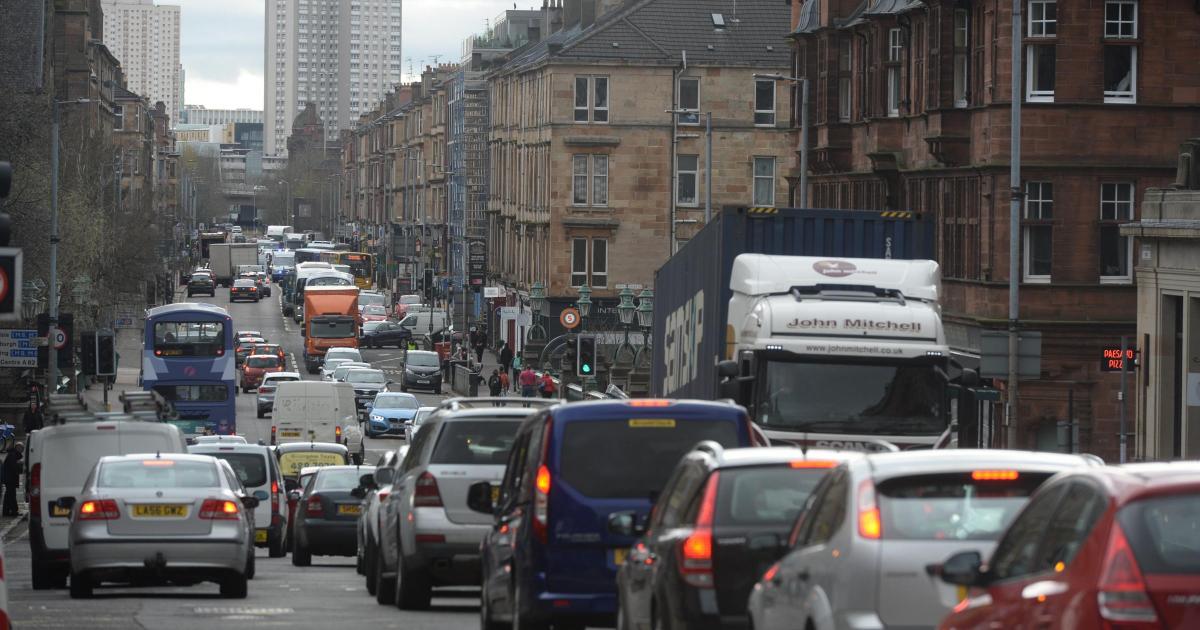
Glasgow’s Proposed Congestion Charge: What You Need to Know
The city of Glasgow is at the heart of a heated political debate over a proposed congestion charge targeting motorists entering the city. The plan, introduced by Glasgow City Council, seeks to impose a fee on drivers who live outside the city limits while exempting local residents. It aims to generate revenue amidst tight budget constraints, but it has drawn strong opposition from political leaders and residents alike.
The Opposition’s Perspective
Labour councillors have voiced strong opposition to the plan. Rashid Husain, Labour group leader, argued that the charge would unfairly impact non-residents who travel to Glasgow for work, family visits, and other essential purposes. Husain said, “These proposals do nothing except hit workers, services, and growth. An extra charge just to visit loved ones, get to work, or attend key services such as the Queen Elizabeth University Hospital is simply unacceptable.”
He further criticized public transport in Glasgow, claiming it is not yet reliable, frequent, or affordable enough to provide a viable alternative to driving. Instead of penalizing drivers, Husain suggested the focus should be on improving the city’s buses and trains.
Support for the Congestion Charge
Proponents of the congestion charge, including City Treasurer Ricky Bell, argue that it could serve as a much-needed source of revenue for Glasgow in light of ongoing budget cuts. While full details of how the charge will be implemented remain under discussion, advocates believe it could also reduce traffic congestion and pollution in the city.
Impact on Local Communities and Businesses
Glasgow, known for its vibrant culture, green spaces, and attractions, draws visitors from across Scotland and beyond. Local businesses are concerned that the congestion charge could deter visitors, hurting the economy. On the other hand, some argue that reducing traffic could make the city more enjoyable for tourists and residents in the long term.
What’s Next?
The Glasgow City Council is set to discuss the proposal further in the coming weeks. As both community members and political figures weigh in, the future of the congestion charge remains uncertain. If implemented, it could set a precedent for other cities in Scotland and the UK to follow.
How to Prepare for the Changes Ahead
For those affected by these potential changes, now is the time to explore commuting alternatives, such as cycling or using public transport. Investing in high-quality bike equipment, like the Cannondale commuter bikes, offers a sustainable and efficient way to navigate the city. This shift could not only save money in the long run but also contribute to a greener environment.
Final Thoughts
As the debate over Glasgow’s congestion charge unfolds, it highlights a critical question of balancing environmental responsibility with fairness to residents and visitors. Whether you’re a local or a commuter, staying informed and proactive can help you adapt to whatever changes may come.



